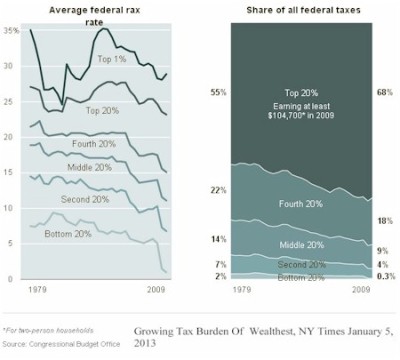The problem to address is a lack of free markets. If many industries were not controlled by oligopolies/monopolies there would be more competition for labor which in turn would raise wages. The government needs to do a better job enforcing antitrust laws.
The world is more complex than raising the minimum wage. Competition is international today and raising the minimum wage puts all of us in the United State at a competitive disadvantage. Yes the fast food industry is not directly affected by wages in China, but it is indirectly. If you raise the minimum wage economic forces will require all wages to ratchet up. One reason causing the fall of the auto industry was ignoring pricing oversees.
Instead of the government must enforce antitrust laws and break up oligarchical control of markets. Fast food is not one of these industries, but if there was a greater demand for labor in other industries it would force the fast food industry to compete for labor while at the same time their profit margins would decrease.

